In Photos: A Game-Changing Primate Discovery
New Primate
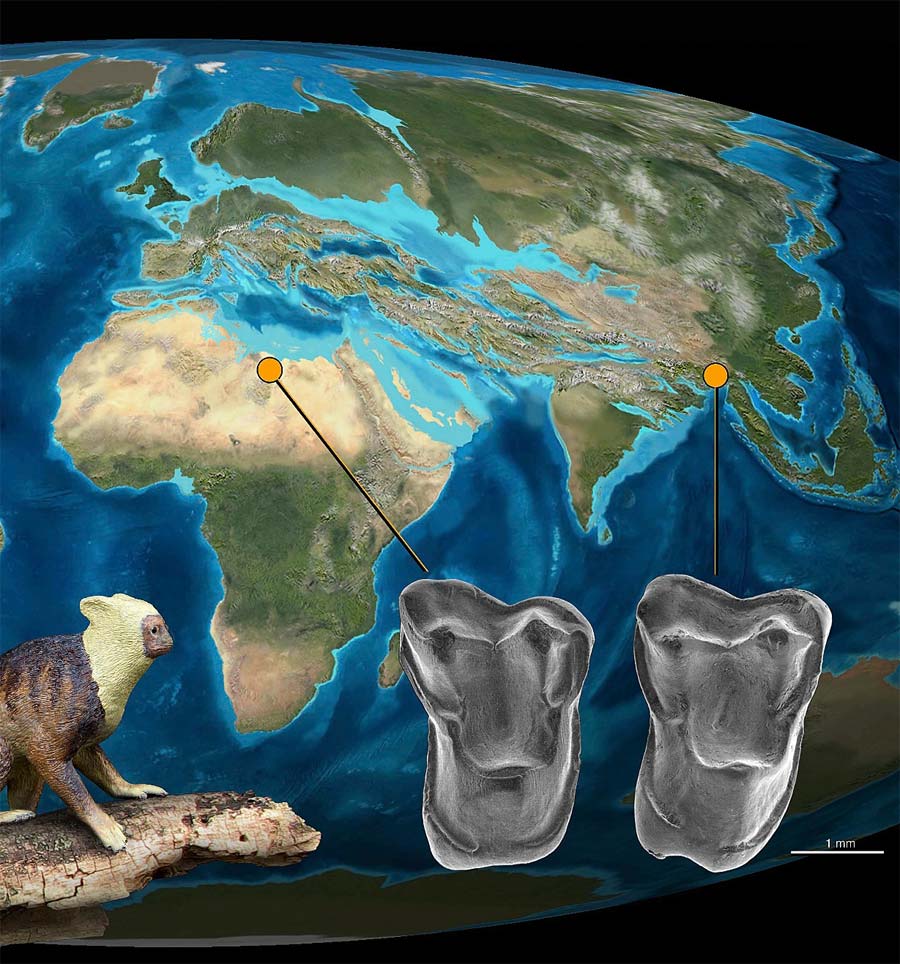
Researchers have discovered remains of an anthropoid primate, now named Afrasia djijidae, in Myanmar. Here a reconstruction of the small primate, which probably weighed about 3.5 ounces.
Myanmar Dig
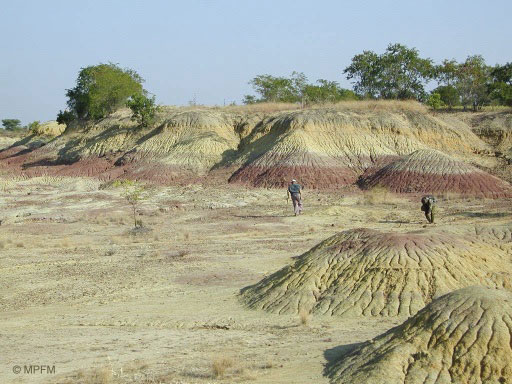
The remains of Afrasia djijidae were discovered in the Pondaung sediment at Thamingyauk locality, Myanmar.
Primate Teeth
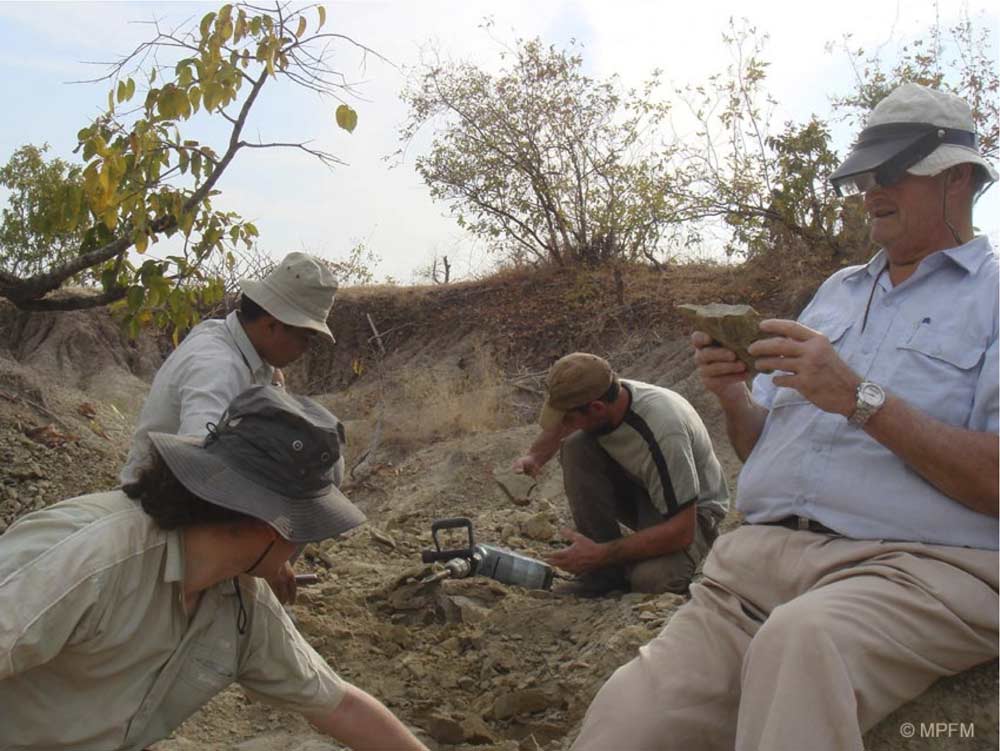
The four known teeth of Afrasia were recovered after six years of sifting through tons of sediment, often working with oxcarts, since even cars with four-wheel drive cannot penetrate the area.
Leaving Asia
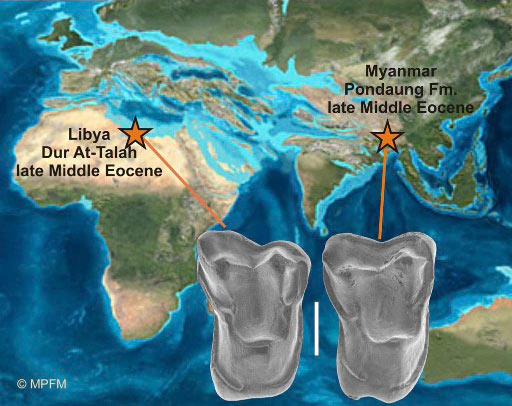
The close similarity between Afrasia (right) and Afrotarsius (left) now suggests that early anthropoids colonized Africa from Asia.
Close Resemblance
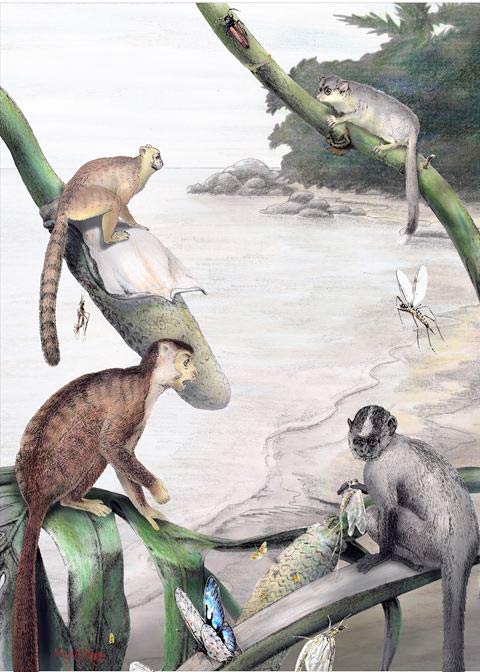
The teeth of 37-million-year-old Afrasia closely resemble those of another early anthropoid, the 38-million-year-old Afrotarsius libycus, recently discovered in the Sahara Desert of Libya. Shown here, Afrotarsius (top left), Karanesia (top right), Biretia (bottom left), and Talahpithecus (bottom right) reconstructions shown feeding along the shoreline forest.
Sifting Sediments
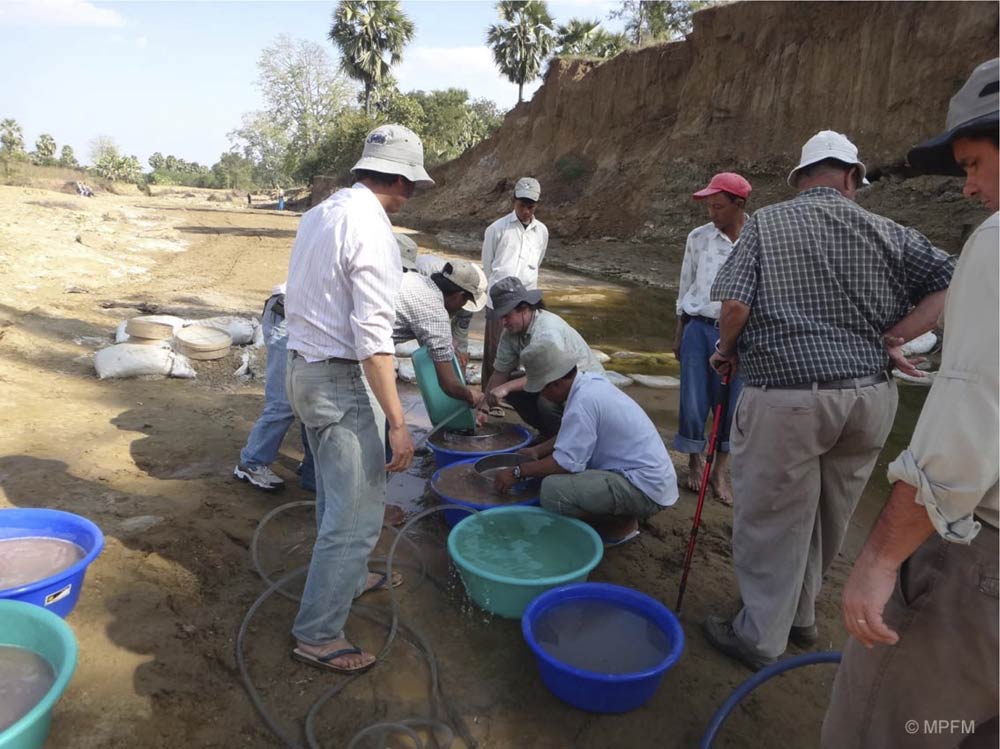
The researchers used wet screening to recover the primate remains from the Pondaung sediments in Myanmar.
Sign up for the Live Science daily newsletter now
Get the world’s most fascinating discoveries delivered straight to your inbox.











